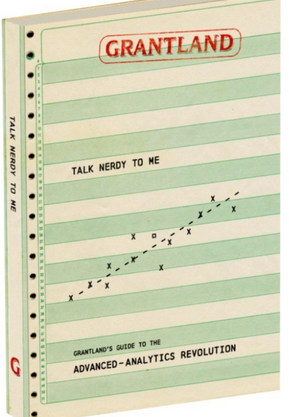The latest on that is an Administration proposal to turn over the storage of phone records to phone companies, and to tighten the requirements for subpoenas thereof. One doesn’t necessarily get a warm feeling on that… but some long time NSA watchers see it as a step forward.
When Obama charged John Podesta, long-time Democratic operative and now White House Counselor, to head the study group, he also said to look at big data commerce and its potential to threaten civil liberties.
The White House enlisted academics, including MIT's Computer Science and Artificial Intelligence Lab Big Data Initiative group, as part of that effort. In March I covered a related workshop on “Big Data and Privacy: Advancing the State of the Art in Technology and Practice” and, together with colleague Ed Burns, reported this on a SearchDataManagement.com Talking Data podcast.
Both Burns and I felt the MIT conference was a bit high on the technology side (encryption and differential privacy being prominent) and bit low on the privacy side. The notion that data is like the "new gold" or the "new oil" seems overblown, until you see a room full of policy and commerce people discussing how much data is going to change the world as we know it. Whether they are right or wrong is less important than the palpable sense something akin to gold or oil ''fever'' is in the air.
Podesta had planned to attend the event, but was hampered by snow in Washington (although one might guess that, this being the weekend of the Russian Crimean Peninsula incursion, staying close to the White House was wise). He spoke with the assembled by teleconference. Below are some riffs from his published remarks. – Jack Vaughan
"…one purpose of this study is to get a more holistic view of the state of the technology and the benefits and challenges that it brings. This Administration remains committed to an open, interoperable, secure and reliable internet – the fundamentals that have enabled innovation to flourish, drive markets and improve lives.
"There is a lot of buzz these days about “Big Data” – a lot of marketing-speak and pitch materials for VC funding.
"(But) the value that can be generated by the use of big data is not hypothetical. The availability of large data sets, and the computing power to derive value from them, is creating new business models,
"With the exponential advance of these capabilities, we must make sure that our modes of protecting privacy – whether technological, regulatory or social – also keep pace.
Related
http://cdn.ttgtmedia.com/rms/editorial/sDM-TalkingDataPodcast-March31-BigDataPrivacyWorkshop.mp3

